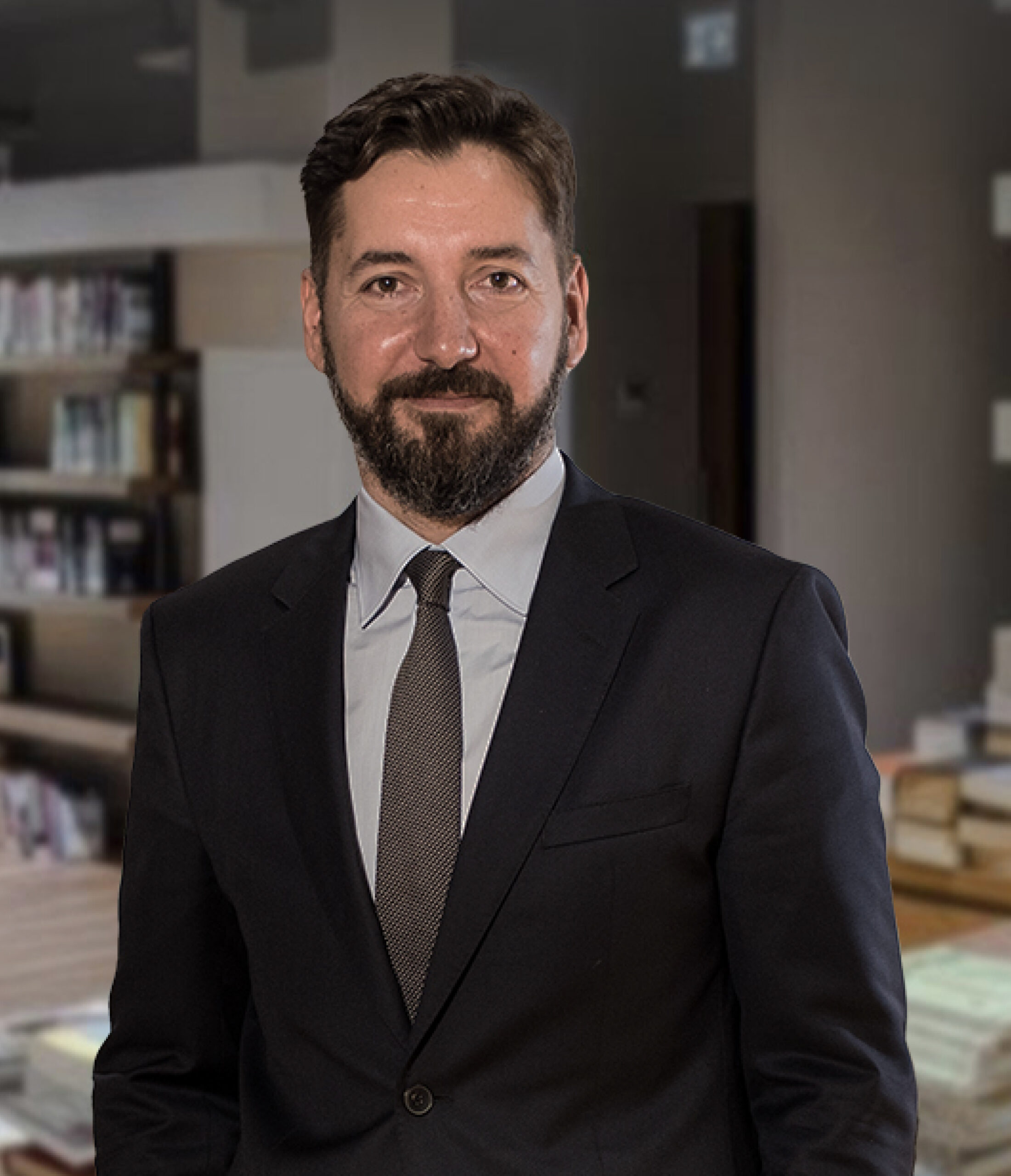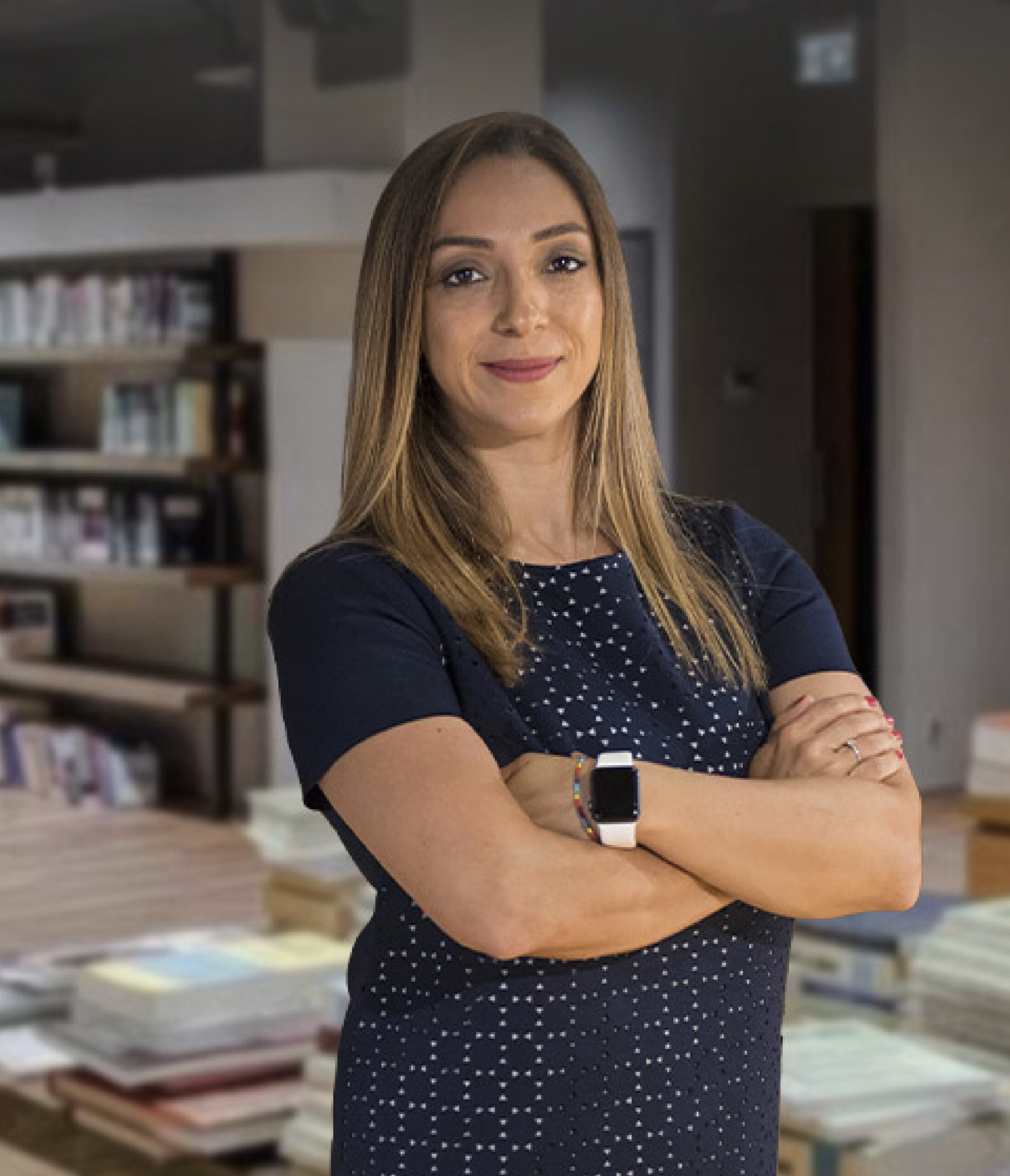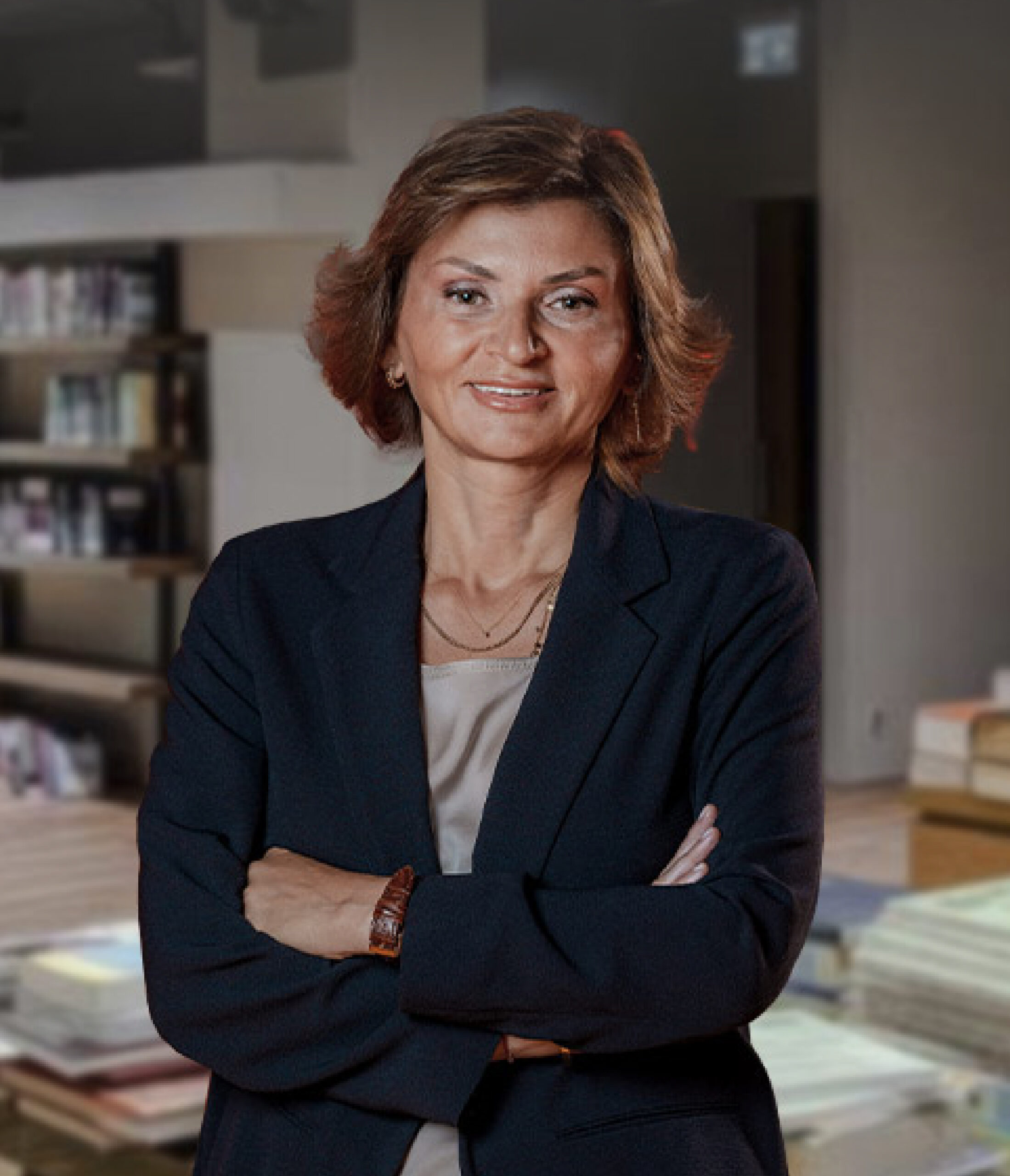Pharmaceuticals Manufacturing 2014, the new issue of Global Business Reports (GBR) Turkey, is out. It is considered as a global informative reference for all recent developments and innovations in the pharmaceuticals and medical devices industries in many countries. An interview was conducted by GBR with our partner Dr. E. Seyfi Moroğlu about the business and legal developments in Turkish pharma and medical devices sectors in now included in the print and digital versions of the report.
GBR was established in 2001. It is headquartered in Singapore and has offices in Istanbul. Starting out, their main purpose was to provide up to date and firsthand information for global business decision makers. Until today, they have been providing precise sectorial reports to help companies understand and expand their markets, improve their sourcing chain, target their investments and discover the trends affecting their industry around the world.
You may find the text of the interview with our partner Dr. E. Seyfi Moroğlu below and the full report can be found on Turkey Pharmaceuticals Manufacturing 2014.
Moroğlu Arseven is recognized for its quality of work particularly in Intellectual Property (IP) and covers a number of industries including automobiles and education. What is the importance of pharmaceuticals and the key services that are increasing growth in this sector?
We have a very strong IP team, adding a substantial value to our pharmaceuticals practice. It is a highly regulated area especially in Turkey. Our team has expertise in a variety of commercial agreements specific to the sector. Corporate law, merger and acquisition (M&A) restructuring has an important effect on the labeling on a product, albeit corporate law is less pharmaceutical-specific. Our involvement with pharmaceuticals has furnished us with a broad expertise and deep understanding of this sector.
The demographic structure of the Turkish pharmaceuticals industry has changed significantly over the last five years with many buy-ins taking place, and generic businesses becoming more interested in R&D as external markets are sought. In line with these two changes, how was your client profile evolved?
We see it more as a relationship with the client and less as a business in terms of a client’s profile; a lot of our business is repeat business developed through client satisfaction. Global names have approached us to represent them in Turkey for the establishment of an import-system of parts for refurbished medical devices for one the three big medical equipment producing companies, for example. Our strategy is also to secure work in new projects, some being subject to marketing authorization, and others that are not in semi-pharmaceutical and semi-cosmetic areas. Entrepreneurial groups are exploring these areas. Moroğlu Arseven is also advising ambitious groups that are working globally in medical devices, forming a design team in Turkey and then going to the United States to build up an industrial team to apply Food and Drug Administration (FDA) approval. Our work evolves as technology and Turkish entrepreneurs develop. Basically, we rely on customer satisfaction.
In addition to pursuing other external markets, Turkish pharmaceutical manufacturers are now investing more heavily in R&D. There have been many complaints about Turkish patent law. Given the current structure of IP law within Turkey, do you think there is a sufficient framework to allow for Turkish pharmaceutical manufacturers to transform themselves from being just generic-focused to value-added products?
Arguably, it is ambitious for Turkish generic companies to transform themselves in a matter of years to original product manufacturing companies; albeit it is good to have this ambition to develop but the amount of required investment is inhibitive. For example, the investment of Swiss research into the cure of malaria is close to outweighing the collective annual investment for biomedical research in Turkey. If innovative medicine is addressed to ambitious entrepreneurial groups that have the necessary expertise, with capital infusion they could produce some interesting pharmaceutical advancements, increase the number of R&D companies, and at the same time save the cost of building an R&D team in individual companies.
Could this strategy be developed in conjunction with Turkish universities through a Public Private Partnership (PPP) model?
Universities would be a perfect tool to develop the relationship between academics and representatives of companies. It is not in the interest of global companies to stand all the cost of investment of expertise for medicine development but to encourage entrepreneurial activity. Research and products are becoming much more modular; it is an exciting area where more knowledge, work and revenues will be shared. If a special product is developed, it will be purchased by companies like Johnson & Johnson, or Novartis International AG. Moroğlu Arseven is actively involved in the entrepreneurial-side of product development.
The problem with Turkish IP law is commonly characterized as being rooted in enforcement. When we met with Dr. Cahit Suluk, however, he argued that the true problem with Turkish IP law stems from a damaged legal framework. Is this so?
Looking at pharmaceutical legislation in Turkey, arguably it is time to introduce a clearer legal framework. Currently, there is not a clear precedent of documents. Consultation with the market would be advantageous to create clearer pharmaceutical legislation with defined headings. Recent efforts by the Competition Authority of Turkey in producing a national pharmaceuticals report established a noteworthy communication among the actors and the regulators.
Looking forward to next five years, what would you identify as the two or three largest structural trends that will shape the industry?
My structural trends are more hope-and-wish, and are; innovation in pharmaceutical products and medical devices, especially in biosimilars, particularly in the areas not covered by global players which may appeal to them; the continued modularization and teaming agreements for R&D; and license exchanges or new patents and calibrations between the companies coming from the newest sectors.





